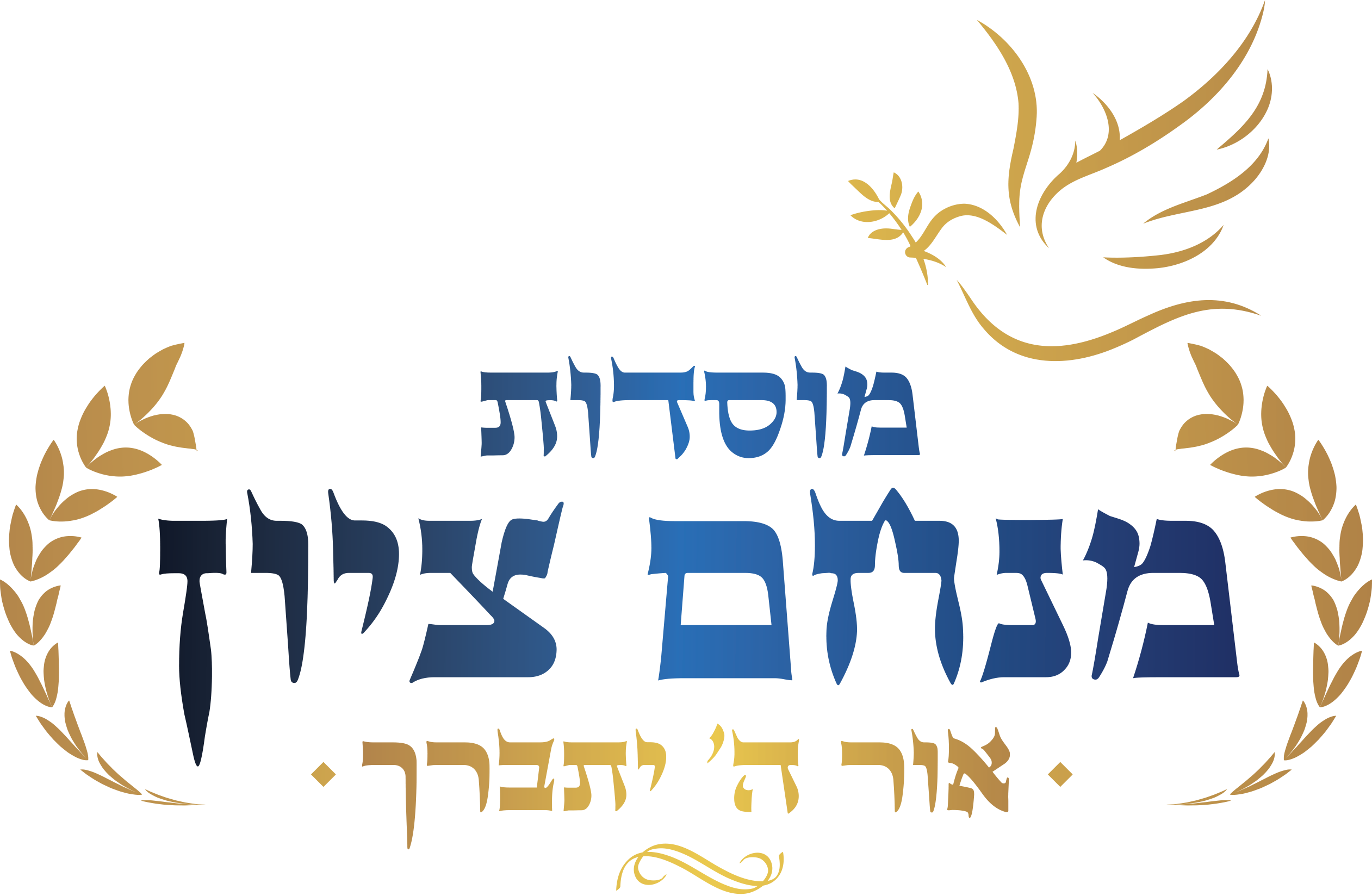Adultery is one of the most severe transgressions enumerated in Torah, whether committed between a single or married man having intercourse with a married woman.
This transgression appears in Vayikra (Leviticus) in the Torah portion called “Kedoshim,” chapter 20 verse 10:
And the man that commits adultery with another man’s wife, even he that commits adultery with his neighbor’s wife, both the adulterer and the adulteress shall surely be put to death.
Rashi explainedthis verse: “Any death referred to in Torah only by the general word “death” without any specifics is a reference to death by choking.”
The Gemarrah adds:
Tractates Sotah, Ketubot and other places also mention the transgression: “Rabbi Yosef says: “From the time that the Temple was destroyed, even though deaths by a Beit Din were anulled,{/ in other words, when the Temple existed and the Sanhedrin – the Great Assembly – could allow punishment by death based on the appropriate punishment of stoning or burning or killing or choking, implementing these was annulled} but the types of deeds for which such deaths were relevant were not annulled.”
In other words, one whose death is stoning, or falling from the roof of her or his house, or being caught by a lion, where the lion’s claws are considered as stoning;or one whose death should be choking, such as drowning in the sea or river, or one who falls ill with a throat disease that eventually chokes;
or one whose death should be by fire, which is like a snakebite and its venom is fiery, or who is felled by burning /{fire}; or one who is obligated by killing and may thus die in a duel or who is attacked by robbers.
The RAMBAM delineated the practical law concerning the prohibition of adultery:
For adultery three types of death apply: there is adultery by choking, and adultery by fire, and adultery by stoning.
And yet, despite all this, there is hope for the one who transgressed, as our Sages have noted: Nothing withstands Teshuva (repentance), even the sin of adultery.
How do we rectify this transgression?
Firstly, let us clarify that this Tikkun assists in rectifying everything that has been destroyed in the upper worlds, the damage caused as a result of the action: damage to the marriage, to health and joy, to sustainable seed, to being perceived favorably, to livelihood and other benefits which the man or woman are not bestowed.
Additionally, this transgression is so severe that it is able to expel the person from life itself, G-d forbid, if the Tikkun is not properly conducted.
The Tikkun we conduct at Menahem Tziyon covers the totality of occasions when this transgression was carried out, and there is no need for a Tikkun for each instance of the transgression.
The Tikkun is based on the order delineated by the Ben Ish Hai and the Arizal, based on:
Vocalizing, Fasting, Charitable funding.
Vocalizing: A special program of learning to rectify the transgression includes study of Torah, the six books of Mishnah, and the Zohar.
A person who finds such learning difficult can provide a married Yeshiva student with NIS. 500 to do the learning on the person’s behalf.
At Menahem Tziyon we can provide such a Yeshiva attendee who will be your shaliakh (representative) and will additionally carry out confessions with unique prayers to rectify the transgression.
Fasting. A night and a day. A minyan of 10 Yeshiva attendees will fast for a full day to rectify the transgression.
Charitable Funding. The charity redemption is 325*18 = NIS. 5850
An adulterer is required to suffer (fast) for 325 consecutive days. Since no one is able to endure that amount of fasting, the person can redeem the soul with charity by providing life (income for food) to the poor.
The Zohar teaches that one who does not carry out the Tikkun will not enjoy life but may reincarnate to complete the Tikkun, and therefore should make every effort to purify the soul, and the Sages remind us that “one who has come to purify the self, is assisted in this deed.”


